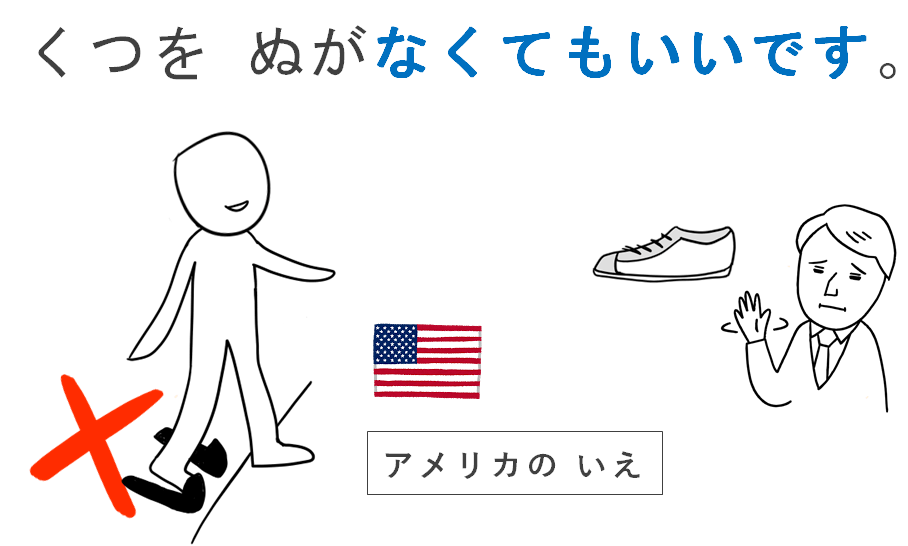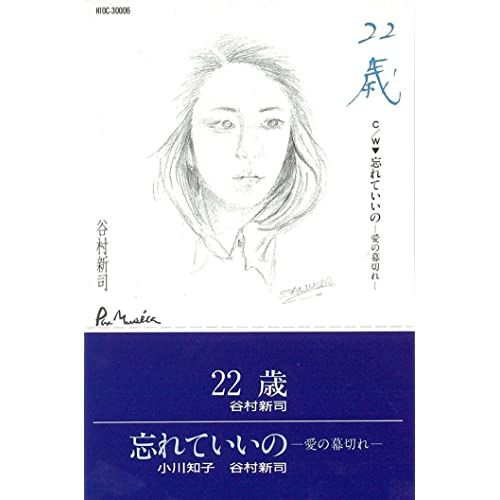The structure ても良いです (temo ii desu) uses the て form of the verb joined to も良いです and refers to the possibility of doing something (given the circumstances it is possible to perform a certain action).
The same expression is used for asking permission to perform an action. ても良いですか (temo ii desu ka). It is the expression you use for asking permission to do something: May I?
You can enter.
入っても良いですか。
Can I come in?
The verb 入る (to enter) becomes 入って in the て form.
Let us try to break down the expression and connect the parts:
- 入って
enter,come in(form in て) - 良いです(か)
all right(is it all right?)
Literally translated: I come in and... is it fine?
日本では煙草を吸っても良いのは20歳からです。
In Japan, smoking cigarettes is allowed from the age of 20.
No one else is here, so you can sit here.
ても良いですか and affirmative answer
The answer we can get from the permission request can be affirmative:
はい、どうぞ。
Yes please.
ええ、どうぞ。
Yes please.
はい、いいです。
Yes, please.
ても良いですか and negative answer
Or it can be negative and we are thus not allowed to perform the action:
いいえ、入ってはいけません。
No, you cannot enter.
いいえ、入らないで下さい。
No, please don't come in.
あの、ちょっと。。。
Mhm, sorry, not possible.
Confidential form
Among friends and family, with people one is familiar with, we can omit the particle も, the verb です and the interrogative particle か.
電話を使って良い?
Can I use the phone?
ても良いです with adjectives and nouns
ても良いです is commonly used with both the adjectives in い, いい, な and the nouns.
Even in these cases it is asked permission or consent to do or not do something.
Let's imagine a situation where a friend asks us for a favour to buy something to drink. Here our question could be:
お水でも良いですか。
Are you OK with water too?
難しくても良いですか。
Are you OK with this even if it's difficult?
なくても良いです: don't need to do
We can use the same structure with the negative て form: なくて or ないで and in this case we refer to something that is not necessary or obligatory to do.

You don't have to take off your shoes.
くつをぬがなくてもいいです。
You don't have to take off your shoes.
As we see in the picture, since it is an American house, it is not necessary to take off your shoes, as is customary to do before entering a Japanese house. なくても良い can be replaced by 〜する必要がない: no need to do.
明日は休みだから、会社に行かなくてもいい。
Tomorrow is my day off, so I don't have to go to work.
Examples of ても良いです
明日は本を返せないなら、来週でも良いです。
If you can't return the book tomorrow, you can return it next week.
アパートは、家賃が安ければ、狭くても良いです。
For the flat, if the rent is low, even small is fine.
値段が高くても良いですか。
Is it OK with you even if a bit expensive?
I'm asked to buy an item and I check if the person is OK with any price, if I can buy the item even if it's not cheap.
The adjective in な and the noun add で which is the て form of the copula だ.

The の at the end of the sentence replaces です in this case.
Similar grammar points in Japanese 📚
から
から (kara) Meaning Japanese Grammar - Because
だけ
だけ (dake) Meaning Japanese Grammar - Only
たりする
たりする (tari suru) Meaning Japanese Grammar - Do Such Things as A, B Etc
ちがう
ちがう (chigau) Meaning Japanese Grammar - No
まだ
まだ (mada) Meaning Japanese Grammar - Still
ないでください
ないでください (naide kudasai) Meaning Japanese Grammar - Please Do Not Do